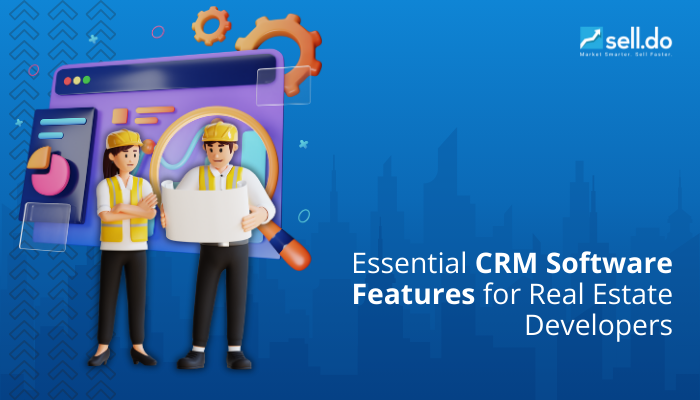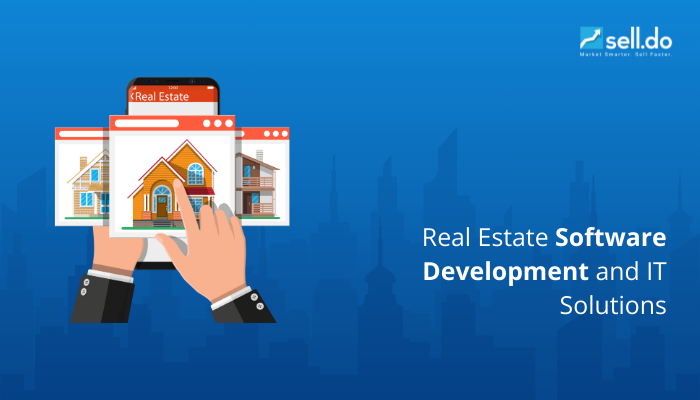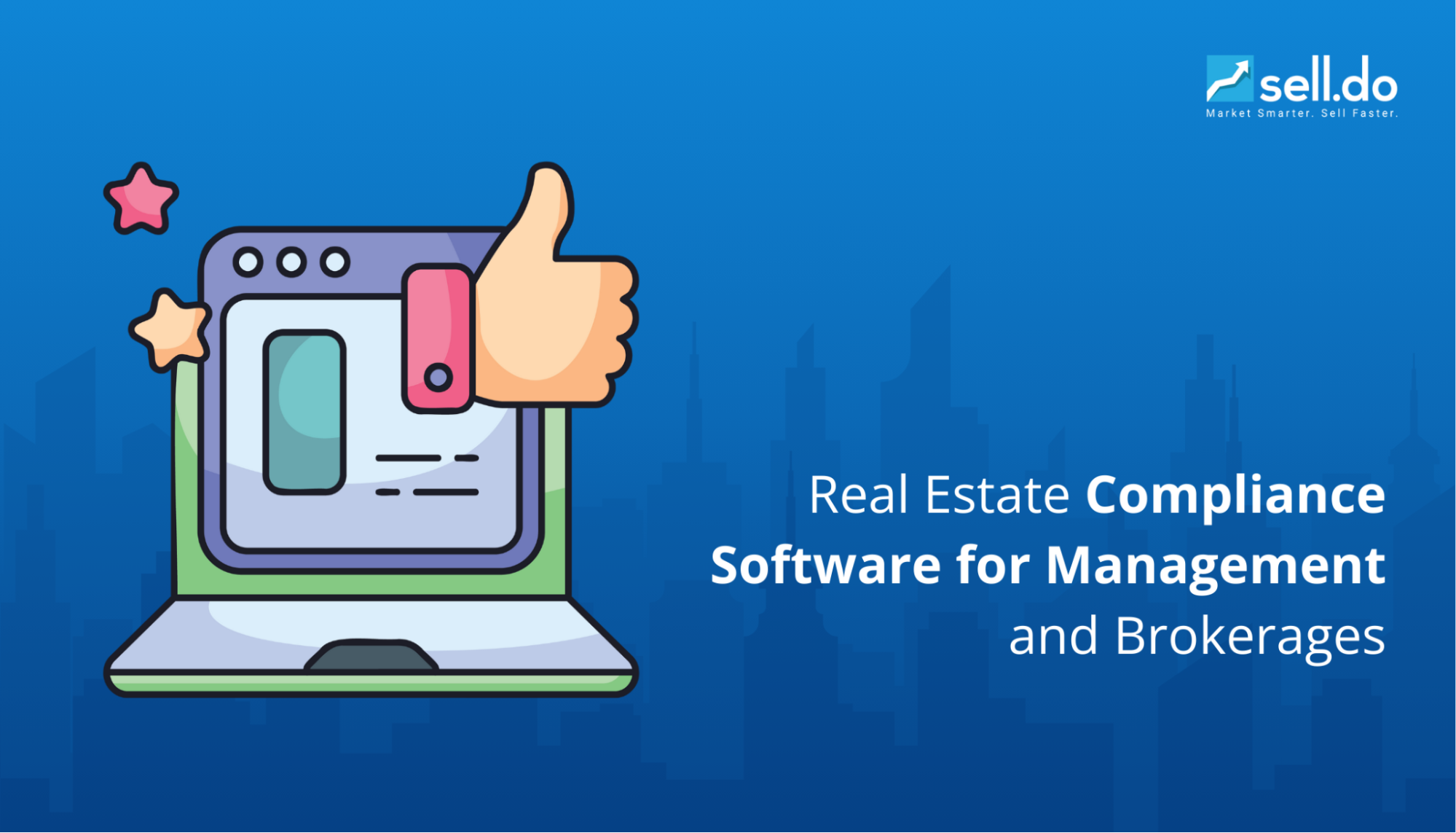If you own a smartwatch, you’re likely familiar with how it keeps you informed—tracking steps, monitoring heart rate, and logging calories. These insights give you a snapshot of your health, helping you identify areas for improvement.
CRM tracking brings that same level of insight to your business, offering a complete, real-time view of customer interactions, sales efforts, and engagement patterns. Just as you can view your fitness data by week or month, CRM tracking allows you to monitor customer engagement over time, instantly accessing client history, past conversations, and follow-ups.
With CRM tracking, you have your business’s digital pulse at your fingertips. You’ll know which leads need attention, where sales efforts are succeeding, and where fine-tuning can enhance customer relationships.
Let’s explore how a CRM tracking system works and how you can leverage it for your business!
What is a CRM Tracking System?
A Customer Relationship Management (CRM) system is a tool designed to help businesses manage and enhance customer relationships. It is a central hub for storing customer data, tracking communications, and organizing sales processes, giving teams a complete view of each customer’s journey.
Within a CRM, data flows from various customer touchpoints—such as emails, phone calls, social media, and website visits—into a single platform. This flow of information is mapped along the customer journey, from initial contact to sales and beyond. Such a structured view of each stage enables teams to maintain consistent, personalized communication, streamline processes, and focus on high-potential leads.
The benefits of using CRM tracking are extensive. It provides a clear view of each customer’s journey, improves sales efficiency by tracking the sales funnel, and enables data-driven decisions for growth.

Here are some Creative Real Estate Ad Examples and Marketing Ideas you can use
Why is CRM Tracking Important?
CRM tracking is important for creating tailored, consistent customer experiences and making data-driven decisions. They record each stage of the customer journey, from initial interest to conversion, and enable you to understand your customers better and create long-term connections. Here’s how CRM tracking can help you:
- Improves Lead Management: Tracks each lead through various sales stages, helping sales teams engage at the right time and offer personalized support, enhancing the customer experience and increasing conversion chances.
- Enables Targeted Communication: CRM tracking gives insight into each client’s journey, allowing you to deliver customized interactions and targeted follow-ups that resonate with specific customer needs.
- Supports Predictive Decision-Making: Aggregates data from all customer interactions, providing leadership with insights to forecast sales trends, identify high-potential strategies, and make more informed business decisions.
- Reveals Patterns and Opportunities: Aggregated data uncovers patterns in customer behavior and sales, helping businesses optimize resources, adjust tactics for high-converting leads, and focus on strategies that yield measurable results.
- Strengthens Leadership Insights: With a clear view of customer and lead data, management can allocate resources effectively and adjust team efforts to focus on high-yield opportunities.
Implementing a CRM to track leads helps to create meaningful customer experiences and guides decisions with actionable, data-driven insights. To truly understand the value a CRM brings to business growth and customer relationships, let’s explore the essential functions and features that make these systems indispensable.
Functions and Features of CRM Systems
A CRM system has many features that are meant to improve managing relationships with customers by keeping track of, organizing, and analyzing contacts with customers. Here are some key functions and features usually found in CRM systems:
-
Contact Management
This feature serves as the core of CRM systems, storing comprehensive customer information, including names, contact details, purchase history, and past communications. For instance, in real-time customer support, contact management allows agents to pull up a customer’s profile and see previous interactions, helping them deliver more personalized and informed responses.
Sales and support teams benefit by having a searchable, single source of truth for all client details, preventing duplicate entries and enabling quick access to information whenever needed.
-
Engagement Tracking
CRM systems can track all forms of customer interactions, including emails, phone calls, social media interactions, and live chats. This tracking ensures that no interaction is missed and enables teams to maintain continuity in communication, creating a seamless customer experience.
For example, suppose a sales rep leaves off with a customer on one channel. In that case, another team member can pick up where they left off, referencing previous conversations to personalize the next interaction.
-
Workflow Automation
Workflow automation in CRM simplifies routine tasks, such as sending follow-up emails, updating records, and scheduling reminders. This automation not only minimizes human error but also frees up time for employees to focus on high-priority sales and support activities.
For instance, an automated workflow might assign a new lead to a sales representative, send a welcome email, and set a follow-up reminder, ensuring that each new customer receives immediate attention without manual input.
-
Sales Management and Pipeline Tracking
A CRM to track leads and sales can give you a clear view of the sales funnel. It follows leads through multiple stages, from initial contact to transaction close. Sales managers may track individual and team performance, anticipate prospective revenue, and determine which prospects are most likely to convert.
For example, a CRM may display the pipeline and show where each deal is in the process, allowing sales teams to focus their efforts on closing deals that are closer to conversion.
-
Reporting and Analytics
CRM systems generate reports and analytics about customer behavior, sales performance, and marketing campaign results. These reports can be modified to display the most important parameters of a business, such as monthly sales growth or client retention rates.
This data-driven insight is critical for establishing goals, refining strategies, and making evidence-based decisions. It ensures that efforts are aligned with company objectives and yield measurable results.
-
AI Integration for Predictive Analytics
Advanced CRM systems leverage AI to enhance productivity and provide predictive insights. With AI, CRMs can automate complex tasks like lead scoring, suggest the next-best action for sales reps, and predict customer behavior based on previous interactions.
For example, AI might analyze a customer’s buying history to predict what they will likely purchase next, helping sales teams provide relevant product recommendations and timely offers that increase conversion potential.
These features empower teams with valuable insights, allowing them to build stronger relationships and strategically grow their business.
 For more insights :
For more insights :Check our blog, Essential CRM Software Features for Real Estate Developers
To make the most of CRM technology, choosing the right type of CRM system that aligns with your business’s goals and needs is essential. Let’s explore the different types of CRM systems and how each supports different aspects of customer relationship management.
Types of CRM Systems
CRM systems come in various types, each designed to cater to different business needs and goals. Here’s a quick look at the main types of CRM systems:
-
Operational CRM
This type of CRM focuses on automating sales, marketing, and customer support functions. It helps businesses manage daily operations and streamline customer interactions. Key features include lead management, sales tracking, and marketing automation. Operational CRMs are ideal for businesses looking to optimize and automate their day-to-day processes.
-
Analytical CRM
Emphasizes data analysis, helping businesses understand customer behavior and make data-driven decisions. Analytical CRMs collect and analyze customer data to reveal patterns, preferences, and purchasing habits. Companies can use these insights to enhance personalization, predict trends, and improve targeted marketing.
-
Collaborative CRM
Designed to improve collaboration between sales, marketing, and customer support departments. Collaborative CRMs facilitate information sharing across teams to ensure a consistent customer experience. This type is especially useful for businesses that want to maintain continuity and build cohesive client relationships across channels.
-
Campaign Management CRM
A blend of operational and analytical CRMs focusing on managing and optimizing marketing campaigns. This type of CRM allows businesses to plan, execute, and analyze marketing efforts to drive lead conversion and customer retention.
-
Strategic CRM
It helps with long-term relationship management by focusing on building and sustaining customer loyalty. It collects and analyzes customer data to understand client needs deeply, enabling businesses to create strategies that foster long-lasting relationships.
Different types of CRM systems provide different metrics that you can use as a foundation for your decision-making and planning process. We have listed some of the key metrics below.
 If you’re a real estate professional :
If you’re a real estate professional :Explore our case study on Mahindra Happinest to see how Sell.Do helped them achieve 300 bookings in just three weeks. Yes, such remarkable results are possible with the right tactics, and if you want similar results, get in touch with our team today!
Key CRM Metrics You Can Track With a CRM
To gauge the effectiveness of CRM systems, businesses track various metrics that indicate performance and customer satisfaction:
- Customer Acquisition Cost (CAC): You can measure the cost of acquiring a new customer. Lowering this metric is a key goal, as it directly impacts profitability.
- Customer Retention Rate: A CRM tracks the percentage of customers a business retains over a specific period, reflecting the quality of customer service and product satisfaction.
- Lead Conversion Rate: A lead tracking CRM indicates the percentage of leads that convert into paying customers, offering insights into the effectiveness of sales and marketing efforts.
- Customer Lifetime Value (CLV): Estimates the total revenue a business can expect from a customer over their relationship, helping guide marketing spend and retention efforts.
- Sales Cycle Length: Measures the time it takes to convert a lead into a sale. Shortening this cycle can improve efficiency and boost revenue.
- Average Deal Size: The typical value of a closed sale, which helps businesses assess sales effectiveness and set revenue targets.
CRM tracking systems offer metrics that enable you to manage relationships more effectively, make data-informed decisions, and enhance customer satisfaction and loyalty. With that in mind, let’s explore how you can benefit by implementing a CRM for your business.

How to Generate Real Estate Leads as a New Agent: Strategies and Tips
Benefits of a CRM Tracking System
Having a CRM system brings several tangible benefits to businesses, particularly in managing customer relationships, improving efficiency, and supporting growth:
- Enhanced Customer Relationships: CRM systems store customer data, including purchase history, preferences, and communication records, allowing businesses to personalize interactions.
- Increased Sales Efficiency: CRMs increase sales efficiency by automating repetitive tasks such as follow-up reminders, lead assignments, and email communication.
- Better Data Management: CRMs consolidate customer information from multiple sources, making it easily accessible to teams. This organized data reduces errors, avoids duplication, and improves response times.
- Informed Decision-Making: CRMs, with built-in analytics and reporting, provide insights into customer behavior, sales trends, and marketing effectiveness.
- Improved Customer Retention: CRMs help businesses track customer interactions and set follow-up reminders, ensuring consistent communication.
- Enhanced Team Collaboration: CRMs foster collaboration by allowing teams to share customer data and updates. With a centralized system, sales, marketing, and support teams can coordinate their efforts seamlessly, improving overall performance and customer experience.
- Forecasting and Goal Setting: CRMs offer sales forecasting tools that help businesses set realistic revenue goals and understand their sales pipeline better.
These benefits make CRMs invaluable if you aim to streamline operations, improve customer satisfaction, and achieve sustainable growth.
Conclusion
CRM systems are crucial in tracking customer interactions, managing relationships, and supporting business growth. They help organize customer data, automate workflows, and provide predictive insights.
For companies looking to boost their sales efforts and enhance customer relationships, a CRM offers both immediate and long-term benefits by providing a structured, efficient approach to managing customer journeys. And if you have a real estate business, you can benefit from Sell.Do, a CRM specifically designed for the unique needs of the real estate industry. Sell.Do is the ideal CRM for tracking leads, managing properties, and automating marketing, helping real estate teams stay organized, enhance customer engagement, and close deals more efficiently.
Request a demo today to see it in action!





Leave a comment
Comments (0)
Be the first one to comment.